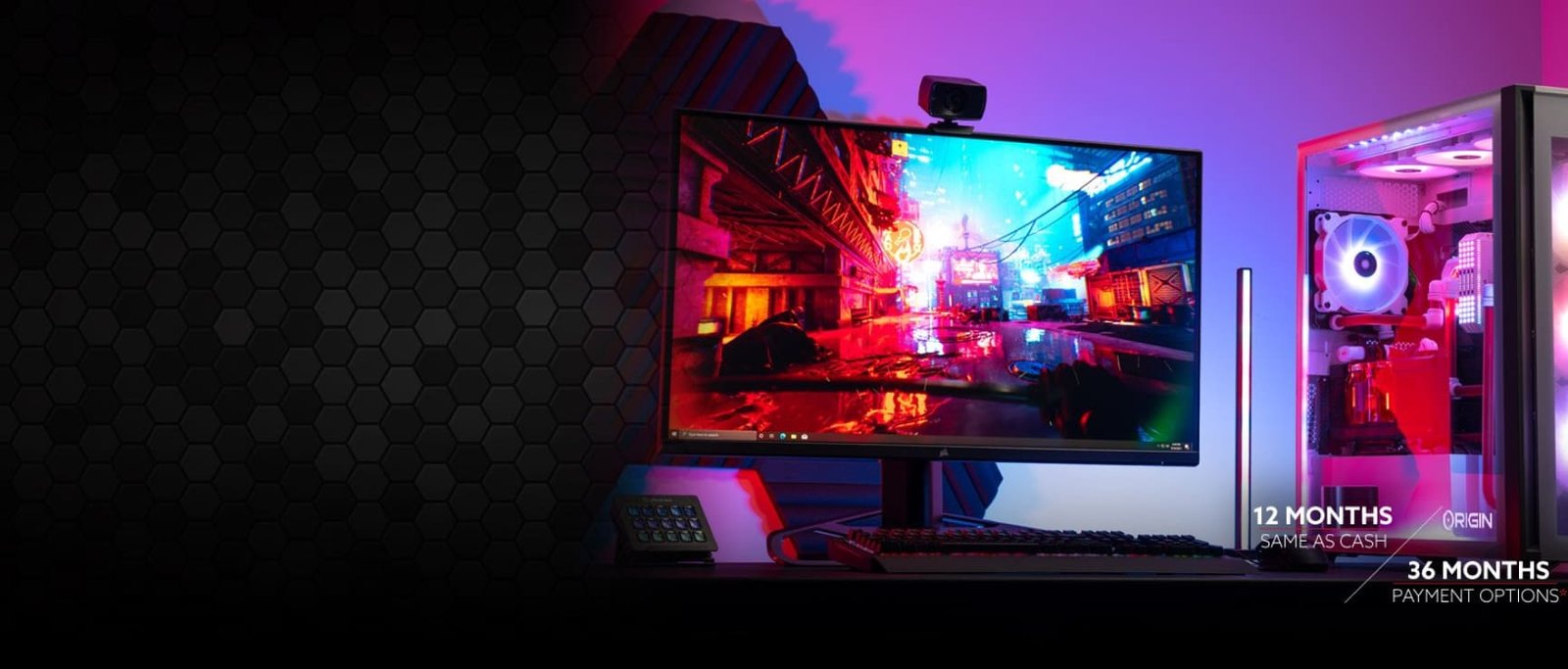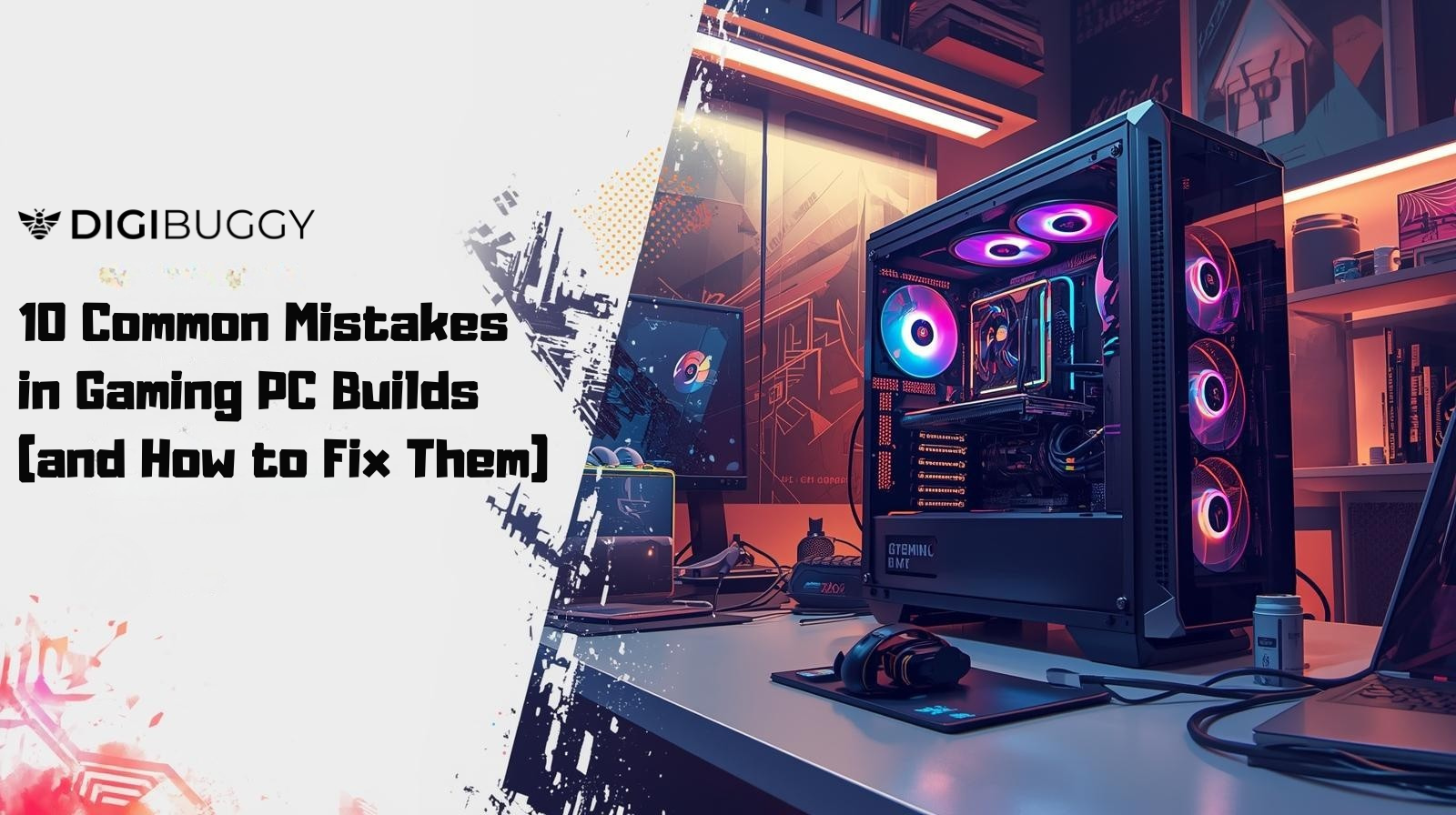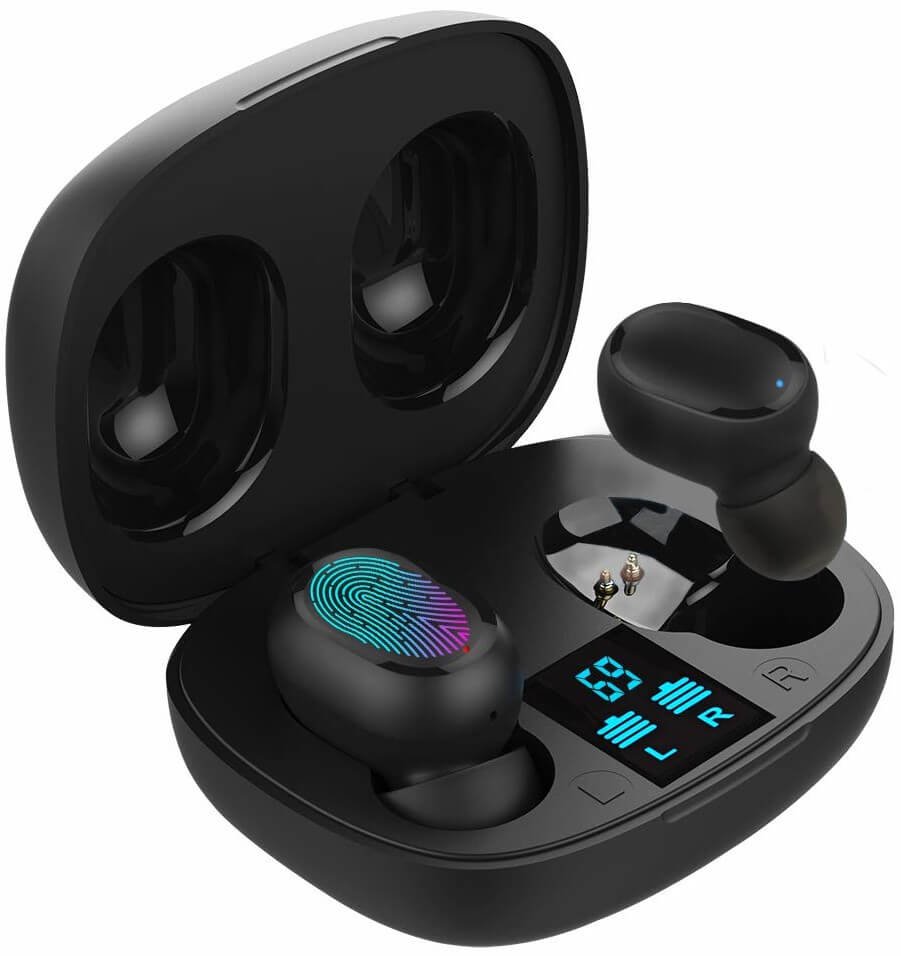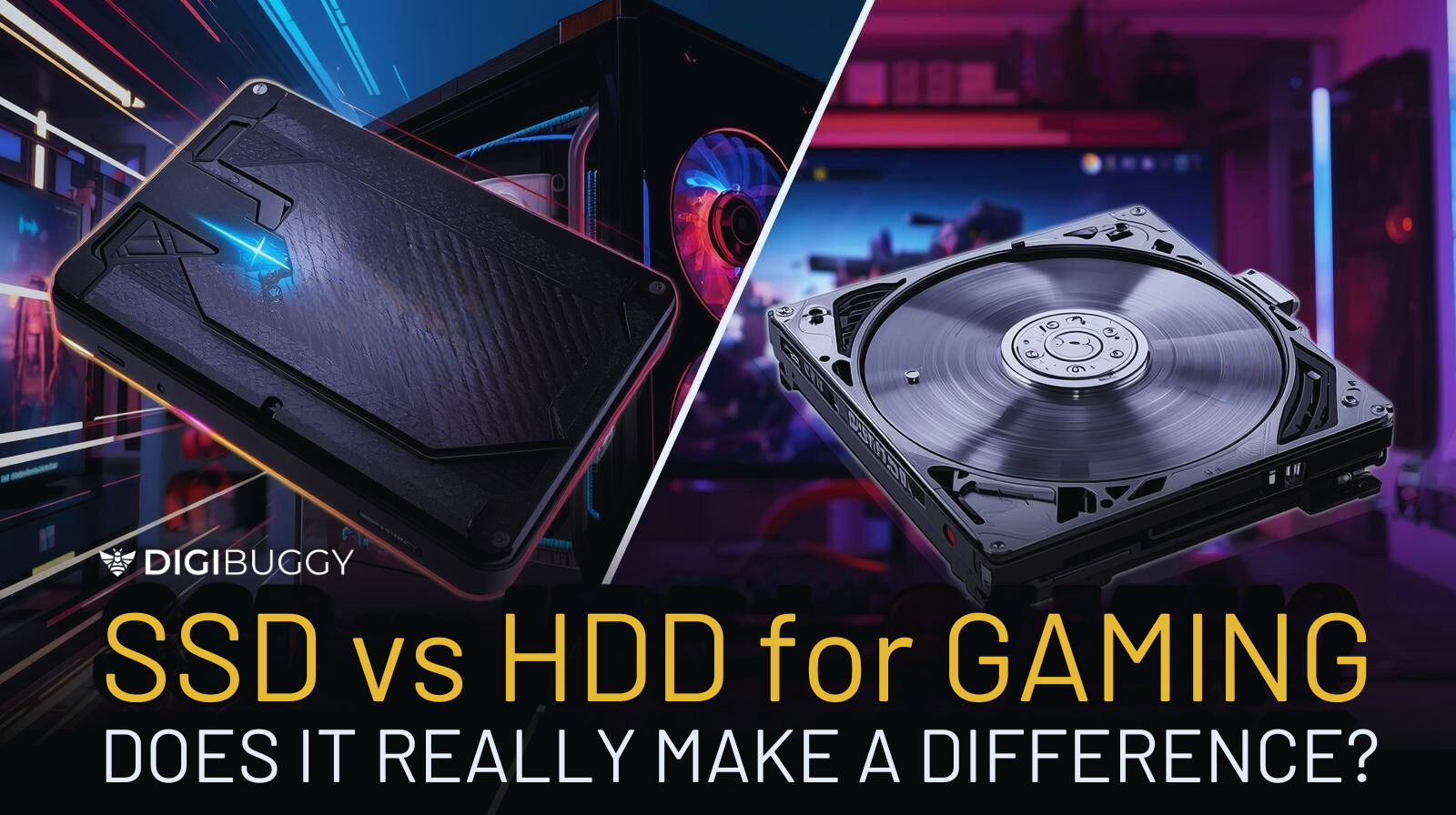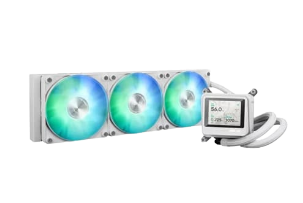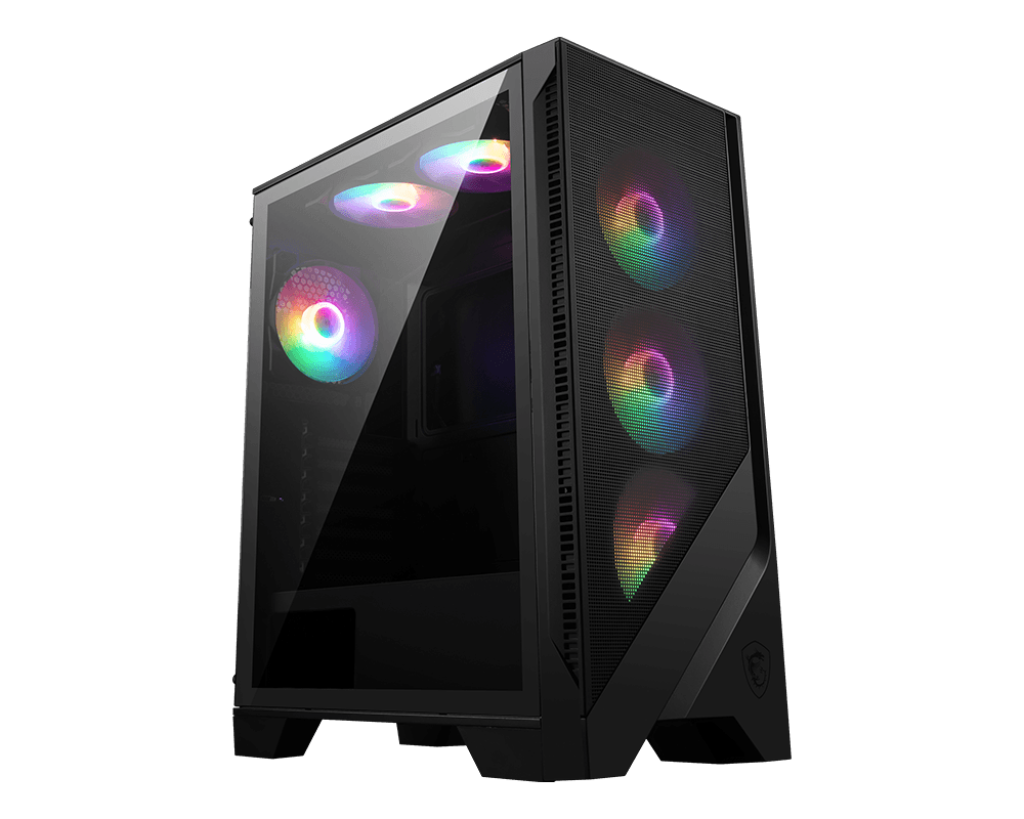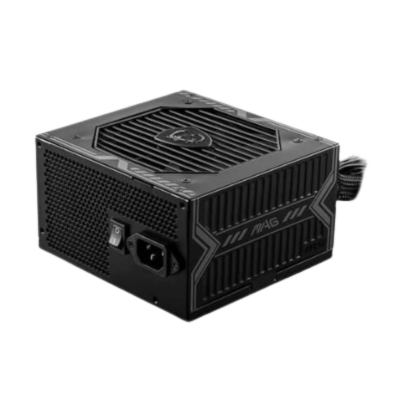Building a gaming PC is thrilling, but many beginners in India fall into avoidable pitfalls that can affect performance, stability, or future upgrades. From motherboard compatibility issues to PSU mistakes, understanding these errors can save time, money, and headaches.
At Digibuggy, we guide gamers, creators, and professionals in India through expert consultations, live builds, and tailored advice to ensure your system performs at its best.
Why Beginners Often Make These Mistakes
- The “rush to build” mindset: Many first-time builders want their gaming PC quickly and skip research, compatibility checks, or component verification.
- Component hype vs compatibility conflicts: Popular parts can be misleading if incompatible with your motherboard, PSU, or case. Without proper planning, a high-end GPU may not fit your setup or draw too much power.
Recognising these causes helps prevent mistakes and ensures smoother builds.
Top 10 Mistakes & How to Fix Them
|
Mistake
|
What Goes Wrong
|
How to Fix
|
Notes
|
|
Trusting local builders blindly
|
Outdated parts, mismatched specs, fake PSUs
|
Research parts, verify warranties, and compare online
|
If someone says "Yeh chalega", double-check
|
|
Buying an incompatible CPU, motherboard, and RAM
|
The system won't boot or runs unstable
|
Check the socket and RAM type (DDR4/DDR5)
|
Use PCPartPicker or Digibuggy consultation
|
|
Choosing a cheap power supply
|
Flickering, crashes, burnt components
|
Always pick a branded 80+ Bronze/Gold PSU
|
PSU is the heart of the build
|
|
Ignoring airflow and cooling
|
Overheating, FPS drops, fan noise
|
Mesh case + at least 2 intake + 1 exhaust fan
|
Especially important in Indian summers
|
|
Applying thermal paste incorrectly
|
High temperatures, throttling
|
Use a pea-sized application or apply evenly once
|
Replace paste every 1–2 years
|
|
Forgetting motherboard standoffs
|
Short-circuits motherboard
|
Ensure standoffs are installed before mounting
|
Common mistakes in rushed shops
|
|
Poor cable management
|
Airflow blockage, dust buildup
|
Route cables behind the tray + use zip ties
|
Cleaner build = cooler system
|
|
Skipping BIOS and driver updates
|
CPU posting issues, crashes
|
Update BIOS before OS install, then drivers
|
Use manufacturer sites, not third-party installers
|
|
Plugging the display into the motherboard instead of the GPU
|
No display or low FPS
|
Always connect the monitor to the GPU HDMI/DP port
|
Very common with first-time builds
|
|
Using mixed or low-speed RAM
|
Stuttering and lower performance
|
Use 2 identical sticks for dual-channel
|
Check supported speeds for your CPU
|
Mistake 1: Trusting Local Builders Blindly
Many local shops in India sell “gaming PC combos” that look affordable but include outdated GPUs, low-quality PSUs, and generic RAM or SSD brands. These builds often look good on paper but perform poorly in real workloads.
Fix: Do your own research.
Check release dates, VRAM, SSD type (NVMe vs SATA), and PSU ratings (80+ Bronze or above).
Pro Tip: At Digibuggy, you can request a full transparency build sheet with part numbers, warranty info, and component testing reports.
Mistake 2: Buying Incompatible Components
The biggest cause of non-booting PCs is mismatched platforms, for example, selecting an AMD AM5 CPU with an AM4 motherboard, or pairing DDR5 RAM with a DDR4-only board.
Fix:
- Check CPU socket compatibility: AMD AM4 vs. AM5, Intel LGA1700 vs. upcoming refreshes.
- Always verify RAM support (DDR4 or DDR5) and speeds.
- Match the motherboard form factor to the case (ATX, mATX, ITX).
If unsure, use compatibility checkers or request a free expert build-planning session at Digibuggy.
Mistake 3: Choosing a Cheap / Low-Quality Power Supply
A low-cost PSU can kill your system. Sudden shutdowns, burnt connectors, and unstable voltage all originate from weak PSUs.
Fix: Choose a branded 80+ Bronze or 80+ Gold PSU (Corsair, Antec, MSI, Seasonic).
Aim for 30% headroom above your build’s calculated wattage.
Mistake 4: Ignoring Airflow & Cooling
India’s warm climate means temperatures can climb quickly, especially with GPUs and CPUs running at full load. Using a sealed glass-front case with insufficient airflow leads to thermal throttling and excessive fan noise.
Fix:
- Prefer mesh-front cases.
- Minimum 2 intake fans (front) + 1 exhaust (rear/top).
- Use a tower cooler or AIO for higher-end CPUs.
Mistake 5: Incorrect Thermal Paste Application
Too much paste acts as an insulator. Too little causes heat spikes.
Fix: Use a pea-sized dot in the center and let the cooler pressure spread it evenly.
Mistake 6: Not Installing Motherboard Standoffs
Without standoffs, the motherboard touches the case metal, causing shorts.
Fix: Always confirm brass standoffs are in place before mounting the board.
Mistake 7: Poor Cable Management
Messy cables block airflow, accumulate dust, and make future upgrades difficult.
Fix: Route cables to the backside of the case and tie them neatly.
Mistake 8: Skipping BIOS & Driver Updates
New CPUs sometimes require a BIOS update to be recognised.
Fix: Before installing Windows:
- Update BIOS to the latest stable version.
- After OS installation, download drivers from the official websites.
Mistake 9: Plugging the Display Into the Motherboard Instead of the GPU
This leads to extremely low FPS because the system uses integrated graphics.
Fix: Always connect the monitor cable to the GPU's HDMI or DisplayPort.
Mistake 10: Using Low-Speed / Mixed RAM
Performance heavily depends on RAM frequency and dual-channel configuration.
Fix: Use two identical sticks (ex: 2x8GB) to enable dual-channel performance.
Pre-Power-On Final Checklist
|
Check
|
Why It Matters
|
Status
|
|
CPU fully seated and locked
|
Prevents no-POST errors
|
Yes/No
|
|
RAM installed in correct slots (A2/B2)
|
Enables dual-channel
|
Yes/No
|
|
GPU firmly clicked into the PCIe slot
|
Stability + performance
|
Yes/No
|
|
CPU power cable (8-pin) connected
|
Required for boot
|
Yes/No
|
|
GPU PCIe power cables connected
|
Prevents black screen
|
Yes/No
|
|
Standoffs installed under the motherboard
|
Prevents shorting
|
Yes/No
|
|
Fans oriented for correct airflow
|
Better cooling efficiency
|
Yes/No
|
|
Monitor connected to GPU, not motherboard
|
Ensures GPU output
|
Yes/No
|
India-Specific Build Challenges (and How to Handle Them)
-
Heat & Humidity
Mesh cases and good airflow are essential during summers.
Clean dust filters every 3 months.
-
Power Cuts & Voltage Fluctuations
Use a UPS to avoid sudden shutdowns.
-
Warranty and Authenticity
Always ask for GST invoice. Avoid grey-market imports unless you know the source.
-
Counterfeit Parts
Verify PSU authenticity through brand serial checks.
At Digibuggy, every component is sourced with a full manufacturer's warranty and transparency.
FAQs & Troubleshooting
Why won’t my PC turn on?
Check PSU switch, CPU power connector, front panel header wiring, and standoffs.
How do I know if I damaged a component?
Look for burn marks, bent pins, or board beeps. If unsure, seek a professional diagnosis.
Can I fix bent CPU socket pins?
Only if experienced. Otherwise, get expert repair assistance to avoid permanent damage.
Final Words: Build With Confidence
Building a gaming PC isn’t just about assembling parts; it’s about making smart choices that support performance, thermals, and future upgrades. At Digibuggy, we specialise in high-performance custom PCs for gamers, creators, and professionals, combining expert guidance, transparent pricing, and live build experiences to ensure your system is optimised for Indian conditions. Our team helps you select the right components, checks compatibility, and ensures every build runs efficiently for years.
If you want an expert review or help finalising your build:
- Start your build with Digibuggy: PC Consultation
- Visit our Live PC Building Experience Zone at Nehru Place to see your system come to life.
Build smart. Build safe. Build something that lasts with Digibuggy’s expertise by your side.

